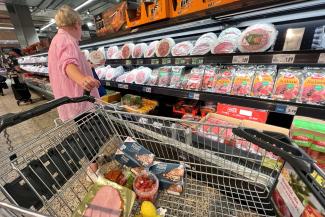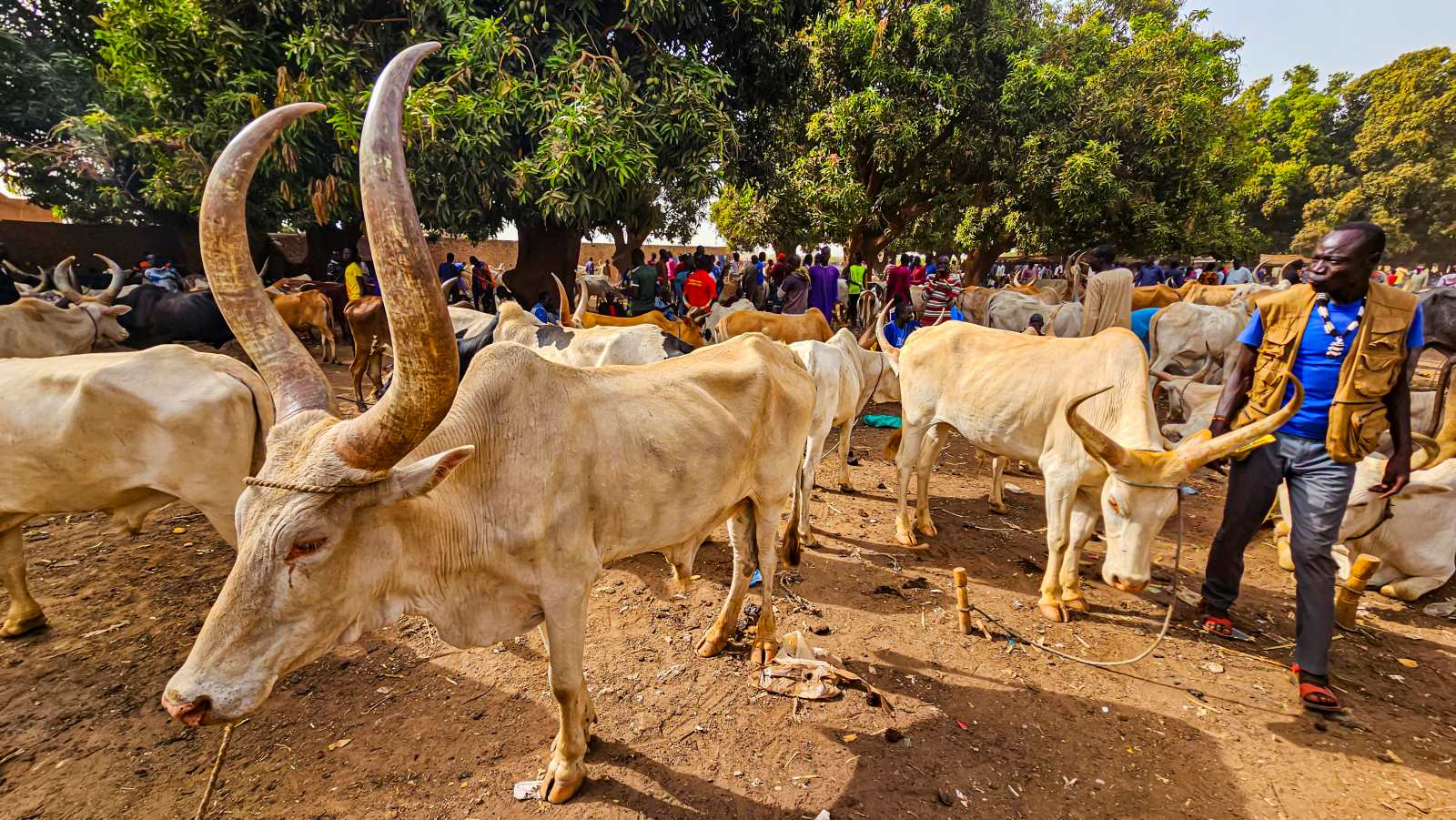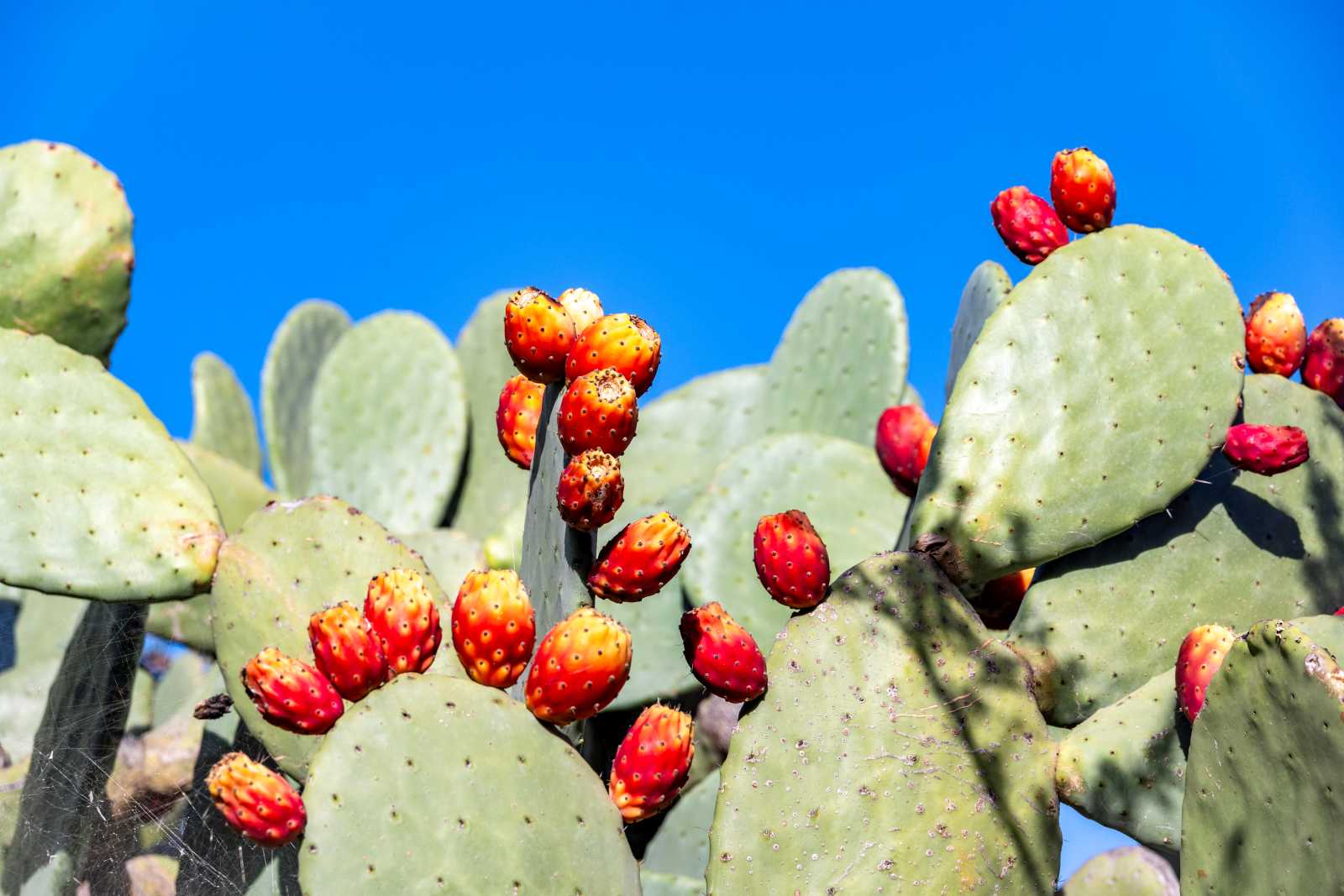Sustainable agriculture
Non-competitive livestock production and new nutritional behaviour

Livestock farming that does not compete with human food crop production would result in substantial reductions in animal numbers. This would have environmental benefits – such as lower greenhouse gas emissions – but would also entail a significantly reduced supply of animal-based foods. If animal feed worldwide consisted exclusively of grass, crop residues and food processing by-products, it is calculated that the supply of dietary protein from livestock production (excluding aquaculture) would fall to a global per capita average of nine grammes a day. That is around a third of the daily supply available at present and around a sixth of the total protein intake required.
The quantities of animal-based foods would remain largely within the limits of the Planetary Health Diet, which is hailed as a benchmark for a healthy and environmentally friendly diet.
Calculations that additionally include food waste as feed arrive at a figure of over 20 grammes of animal protein a day – around a third of the protein intake required. Food waste is more suitable for pigs than for ruminants because it is more highly processed. This is why the proportion of pork increases when more food waste and less grass is used as feed, for example because the waste is available locally.
Food security and economical land use
In contrast to veganism, both the Planetary Health Diet and non-competitive livestock farming consciously include animals in their concepts and focus on a flexitarian diet. They do this for different reasons. The Planetary Health Diet gives emphasis to food security for disadvantaged population groups. Non-competitive livestock farming is primarily concerned with economical land use and upcycling grass, crop residues and waste into food.
Both concepts call for different developments in different parts of the world. In North America and Europe, the average consumer should eat significantly less meat, eggs and dairy products to have a healthy and sustainable diet. In Africa and Asia, the consumption of such foods could – and in some cases should – be increased.
Cornelie Jäger is a veterinarian and writer. She was the first state animal welfare commissioner of the German state of Baden-Württemberg.
autorin@cornelie-jaeger.de















